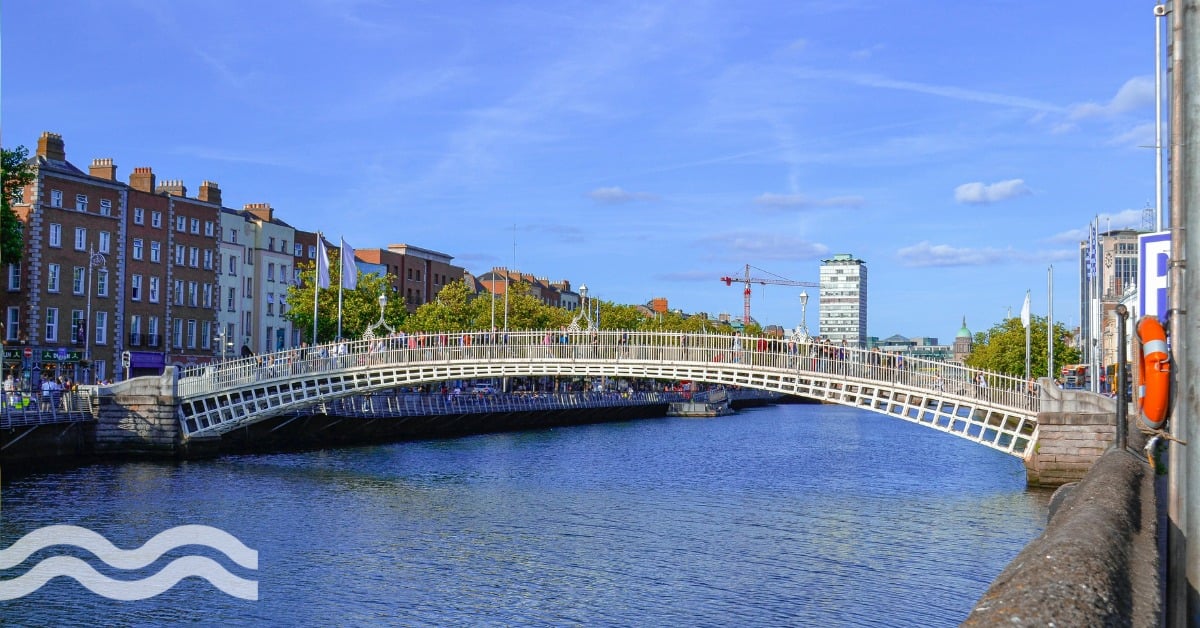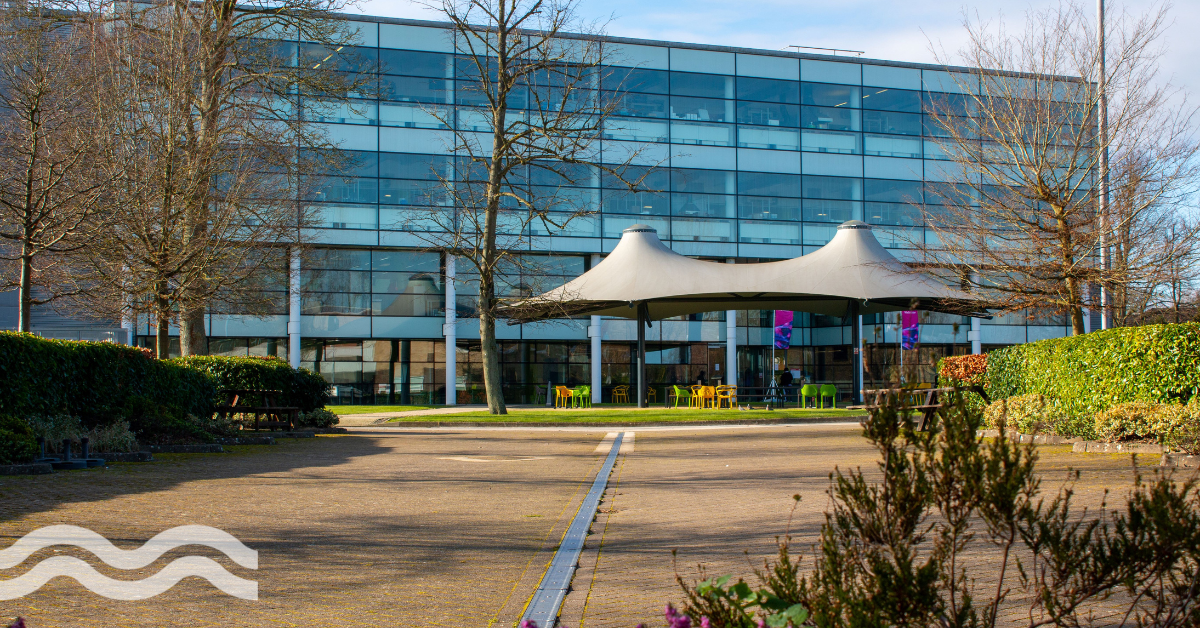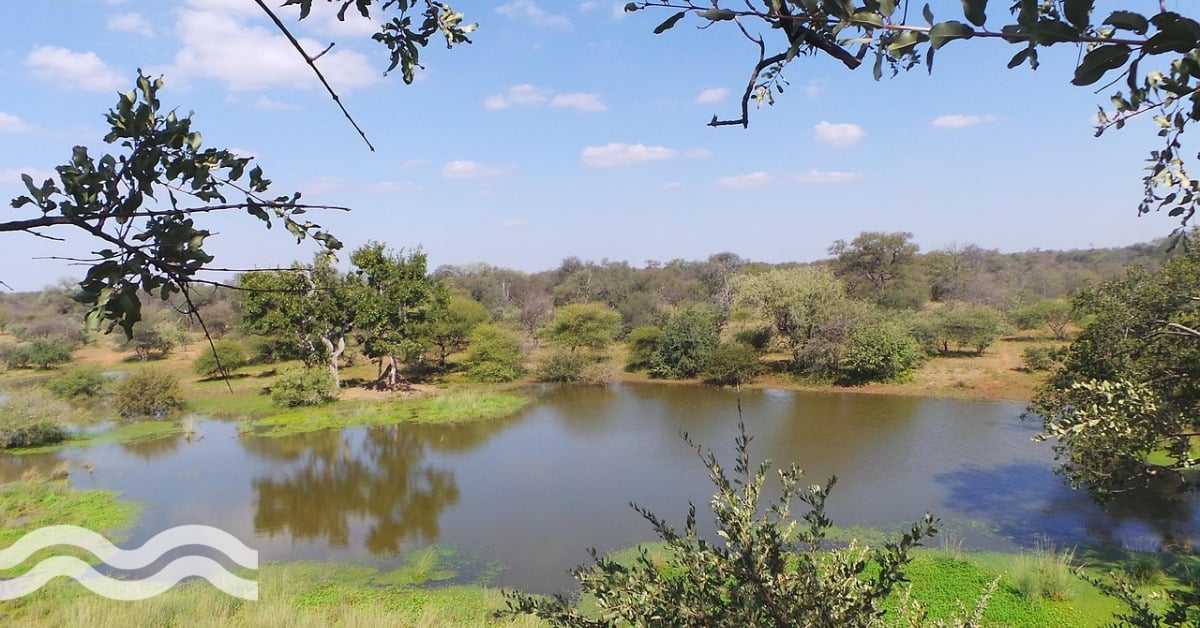EU states need to digitise their approach to water management
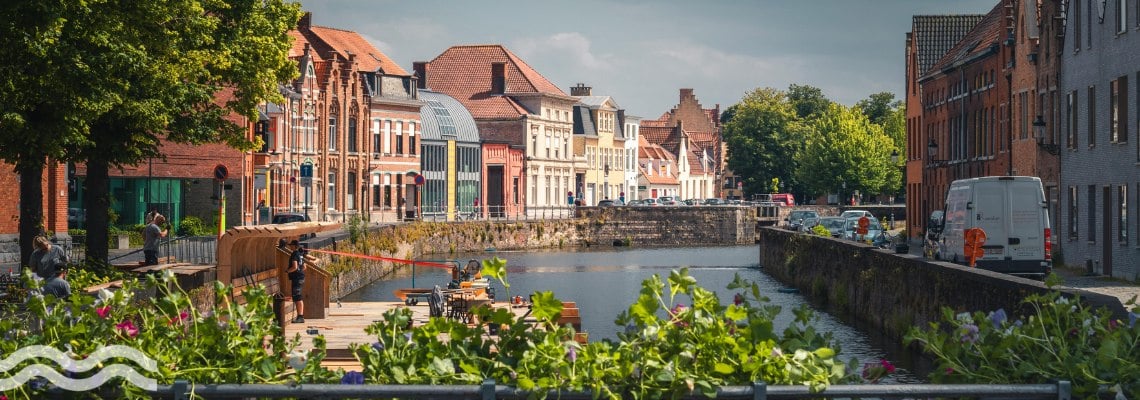
Strengthening the role of digital solutions
Writing on LinkedIn, Tania Pentcheva, director Europe government and industry relations at Xylem, outlined the key elements the group would like to see included in a future action plan:
- Earmark EU funding as well as promote innovative financing models for the deployment of digital water technologies
- Incentivise digital in water procurement, including the development of EU guidelines for municipalities
- Leverage horizontal EU policy frameworks relevant for water to foster adoption of digital tools for the planning, design, construction, operation, and maintenance of water-related infrastructure and services
- Support EU Member State authorities to exchange best-case practices and capacity building
- Promote digital skills and attract young ‘digital native’ professionals to the water sector.
Along with Xylem, the other signatories to the joint statement were Autodesk, Bentley, Cisco, Danfoss, Ecolab, Grundfos, Olympios, Saur, Schneider Electric, Siemens, Suez, Veolia, and Wipro.
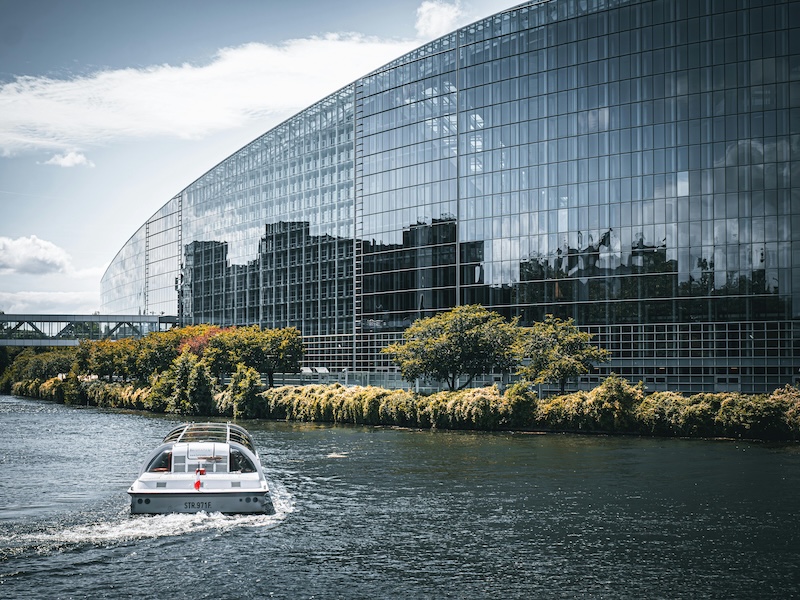
A group driving digital resilience
The group had written a joint statement in 2024 ahead of the EU’s adoption of the Water Resilience Strategy. In the statement, the group highlighted the challenges that would need to be faced if all member states were successful to implement any digital action plan, stating that there was a need for a solution: “That enables the gathering, analysis and sharing of 'trustworthy data, leading to better decisions by all relevant stakeholders throughout the water cycle, including in the drinking water, groundwater, stormwater, and wastewater fields'.”
While warning: “At present, there is a lack of such reliable data, with water leakage offered as a particular example. The uptake of digital tools and deployment of monitoring and modelling technologies are still nowhere near where they should be among member states, according to the statement.”
One of the key recommendations in the 2024 joint statement was for the European Commission to ‘urgently develop an EU-wide Action Plan on digitalisation in the water sector’.
What will the EU Action Plan include?
According to the European Commission, the Action Plan will focus on the deployment of digital solutions through funding and knowledge-sharing. This will help to build digital skills and encourage technology transfer in the water sector across Member States.
It will also support water data sharing by fostering the development of national data portals to overcome fragmentation and make data easily findable, accessible free of charge, interoperable, and reusable, in line with the Open Data Directive.
What needs to be incorporated into an EU Action Plan?
Alexis de Kerchove, senior director, client sustainability at Xylem, writing on LinkedIn, said: “Compared with other networked sectors like energy, the water sector has been slow to harvest the benefits of digital transformation. The reason is simple: poor, fragmented, and low-quality data. Many utilities still lack online sensors, smart meters, or interoperable systems. Without reliable and shareable data, digital innovation remains limited.”
He added: “To overcome this barrier, the forthcoming EU Action Plan for Digitalisation in the Water Sector must be designed as a cross-sectoral enabler — aligning regulation, funding, procurement, and skills development to unlock Europe’s digital potential in water.”
Calling the announcement of the EU Action Plan for Digitalisation in the Water Sector “welcome and much needed”, the latest joint statement warns that initial investment costs will be a major barrier to the uptake of digital solutions.
For the action plan to work, the signatories suggest that it cannot be a standalone EU initiative. “Alignment with broader EU policies - including funding mechanisms, modernised public procurement frameworks, and parallel initiatives in sectors such as energy and digital - is critical.”
Furthermore, the signatories state that a “comprehensive strategy is needed to unlock innovation throughout the water value chain, championing a holistic ‘One Water’ approach that enhances industrial competitiveness, accelerates nature restoration and biodiversity, and fortifies system-wide resilience”.
Seven-point plan for digitalising the EU water sector
Together, the signatories propose seven recommendations in the joint statement:
- The Action Plan should promote innovative financing models for technology deployment, as well as pave the way for new funding mechanisms and advantageous financing conditions for EU-funded water resilience projects that demonstrate effective use of smart technologies.
- The European Commission should incentivise digital in water procurement, as well as develop EU guidelines on public procurement of digital technologies to support national and local authorities
- The EU should leverage horizontal policy frameworks relevant for water to foster adoption of digital tools for the planning, design, construction, operation, and maintenance of water-related infrastructure and services (incl. industrial facilities, buildings, nature-based solutions)
- The European Commission should create an EU-wide Water Resilience Dashboard, which continuously pools data from National Data Portals on key Water Resilience indicators and includes a Digital Maturity Mapping of water utilities
- The EU should promote capacity building, exchange of best practices, stronger governance, and inter-agency cooperation across Member States – including the wider water ecosystem and technology providers in particular.
- Implement existing EU cybersecurity rules at the Member State level, while ensuring that technology adoption continues at pace
- The EU should promote digital skills and attract young “digital native” professionals to the water sector while fostering lifelong learning.
